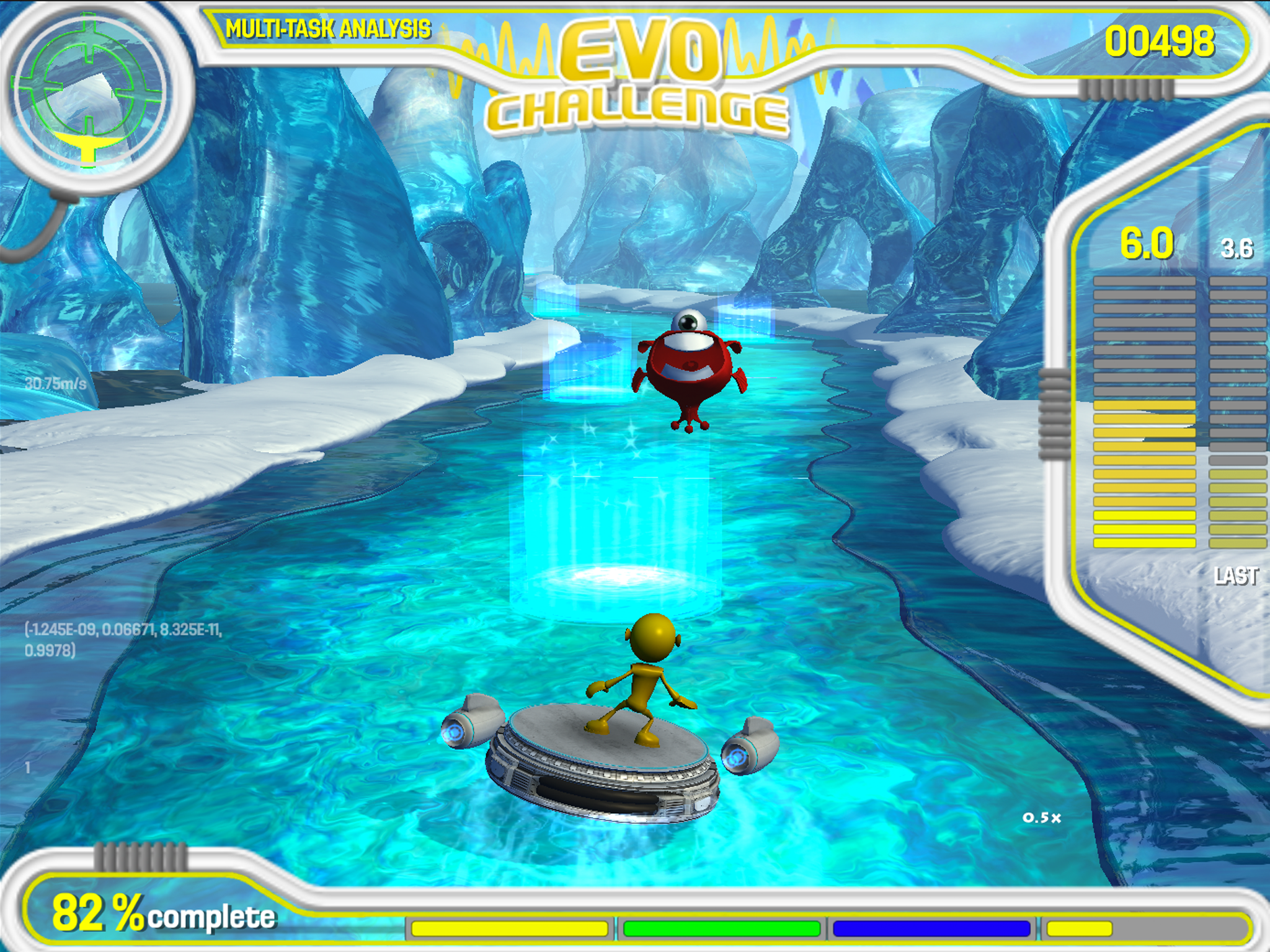Gamified therapy software improves symptoms in children with SPD

Digital health game developer Akili has revealed promising results for its Project EVO software in a pilot study investigating its use in children with Sensory Processing Dysfunction.
SPD is a condition in which the brain has trouble receiving and responding to information gathered via the senses. Those with the condition may be oversensitive to certain environmental stimuli such as bright lights or certain sounds.
In a study carried out by researchers at the University of California San Francisco (UCSF), Project EVO was given to a group of 57 children as a form of home treatment for four weeks.
The group included both children with SPD – half of which also met or exceeded inattention or hyperactivity criteria – and "typically developing children."
The Project EVO game simultaneously recorded the children's perceptual discrimination, visuomotor tracking and multitasking ability through their ability to control the movement of an alien through a course. The course's difficulty is based on the player's own abilities thanks to built-in algorithms analysing their movements and adjusting it accordingly.
Following subsequent cognitive, behavioural and neurological assessment, all children were shown to have improved cognitive control following their time with the game. However, only those children with SPD and inattention showed a statistical improvement in real world function, as reported by parents.
Using an EEG, researchers noted a significant improvement in electrical activity in the brains of children with SPD and inattention when exposed to specific stimuli.
Of this subgroup, 33% experienced such a reduction in parent-reported symptoms that they no longer met the clinical criteria for inattention – an effect that lasted for at least nine months.
“We’re encouraged to see not only the magnitude and duration of what appears to be a meaningful treatment effect, but also continued validation of the targeted neurological mechanism of our technology,” said Eddie Martucci, CEO of Akili.
Project EVO is currently being investigated in a large, multi-centre trial in paediatric attention defecit hyperactivity disorder (ADHD), data from which is likely to form the basis of an FDA filing if all goes well.
The game is also being investigated as a means to diagnose other conditions such as depression, autism and brain injury. Results from a two-year trial in collaboration with Pfizer proved it could also be used as a diagnostic for Alzheimer's disease.











